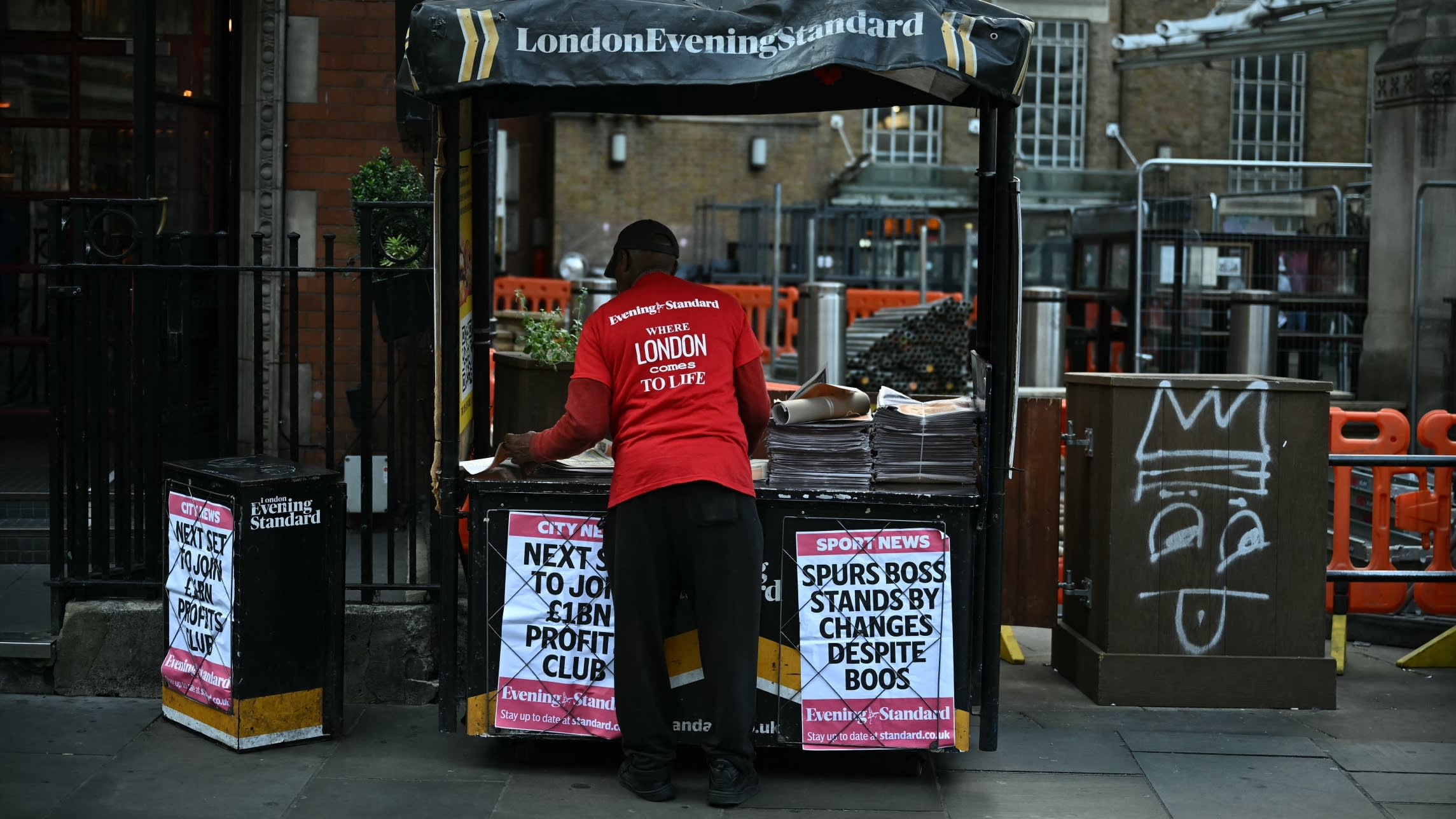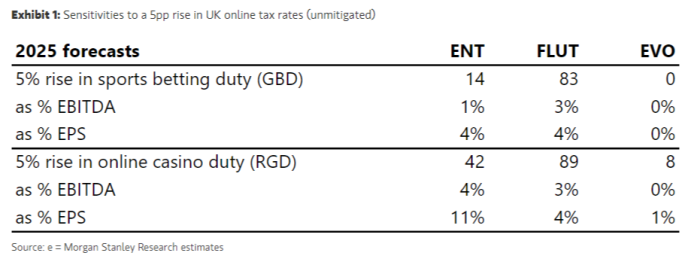The European Central Bank is challenging the takeover of Austria’s Addiko bank by the Serbian lender Alta Pay over concerns relating to potential money laundering.
Alta Pay is owned by one of Serbia’s most prominent entrepreneurs, Davor Macura, who has political connections to figures close to President Aleksandar Vučić.
The Serbian group became the largest shareholder in Addiko earlier this year, assembling its position through several separate corporate entities.
Addiko has its roots in the Balkan branch network of Austria’s Hypo Alpe Adria bank, which was rescued during the financial crisis at an eventual cost to Austrian taxpayers of €9bn.
The ECB suspended some of the voting rights attached to Alta Pay’s holdings in August, publicly citing technical rules around stake disclosure.
However, behind the intervention is also a months-long investigation by the ECB into Alta Pay, the Financial Times has been told by four people with direct knowledge of the probe.
The investigation has led to serious concerns in Frankfurt over the Serbian group’s internal checks and controls and the financial resources of Macura. One significant concern is that ECB officials do not believe Alta Pay has adequate policies or practices in place to ensure the legal origin of funds deposited with it.
The ECB’s unusual intervention in an otherwise small regional banking deal illustrates how rising geopolitical tensions have put the integrity of European financial institutions into focus and the region’s regulators on high alert.
Despite having some of its voting rights blocked, Alta Pay believed it still had a viable route to taking control of Addiko, executives at the bank said.
In response, the ECB has drafted a letter to send to Alta Pay outlining its concerns over anti-money laundering checks and other compliance issues needed to operate a Eurozone bank, and emphasising that it remains opposed to any takeover as a result, according to three people familiar with the matter.
A spokesperson for the ECB said the bank did not comment on individual regulatory cases. Alta Pay executives rejected that the bank was in any way involved in illegal activity or did not have adequate checks and balances in place.
Macura told the FT, in a written statement sent by a spokesperson, that he was not aware of an ECB investigation beyond the August decision to block voting rights in Addiko, and said the bank had strong measures in place to prevent money laundering.
He said “assumptions and concerns” about the bank’s operations were “unfounded, unverified and incorrect”.
“We [reject] any comments about the possibility of abuse of our market position.”
He added that Alta Pay had engaged with regulators extensively. Information on his financial position, the origin of the bank’s assets and its internal controls “have already been delivered to the [Austrian Financial Market Authority] and the ECB, through a detailed presentation and clarifications in the application process itself”.
Some executives at the Serbian group are concerned that the challenge to their takeover will benefit rivals. Addiko’s board is known to be hostile to a takeover from Alta Pay. Slovenia’s NLB and Serbia’s AIK are both known to be interested in making a bid for the Austrian lender.
Alta Pay, which has been steadily growing since 2008, is one of the largest payment processors in Serbia, they said, and it has established relationships with large western financial institutions including Intesa Sanpaolo, UniCredit and JPMorgan.
The suspension of voting rights was an “ongoing process”, Alta Pay board member Milan Vicentic said.
Alta Pay had, since April, sought to engage with regulators to “position ourselves as an acceptable partner [ready to abide by] very strict regulations . . . to pass the most conservative and demanding requests not only from the ECB but each separate regulator in the countries which Addiko does business in”, Vicentic added.
A spokesperson for Addiko declined to comment.
A spokesperson for the Serbian government said the administration had no links to Alta Pay nor any involvement in the group or the probe, but declined to provide answers to more detailed questions.
As the owner of Alta Pay Group for more than 15 years, Macura “naturally had the opportunity to meet other actors from business and political life in Serbia, but nothing more or less than any other businessman or competitor”, they said.
Vučić’s media adviser, Suzana Vasiljevic, said the president had “no contacts whatsoever with Mr Macura. He never met him either for private or for business reasons.” Vučić had never interfered in Alta’s business or its overture to Addiko, she added.
The National Bank of Serbia told the FT that in its regular reviews “no significant irregularities were found in the operations of [Alta] Bank . . . In the first half of 2024, Alta Pay Group informed the [NBS] of its intention to acquire up to a 30 per cent stake in Addiko Bank in order to expand its business.”





































































































































You must be logged in to post a comment Login